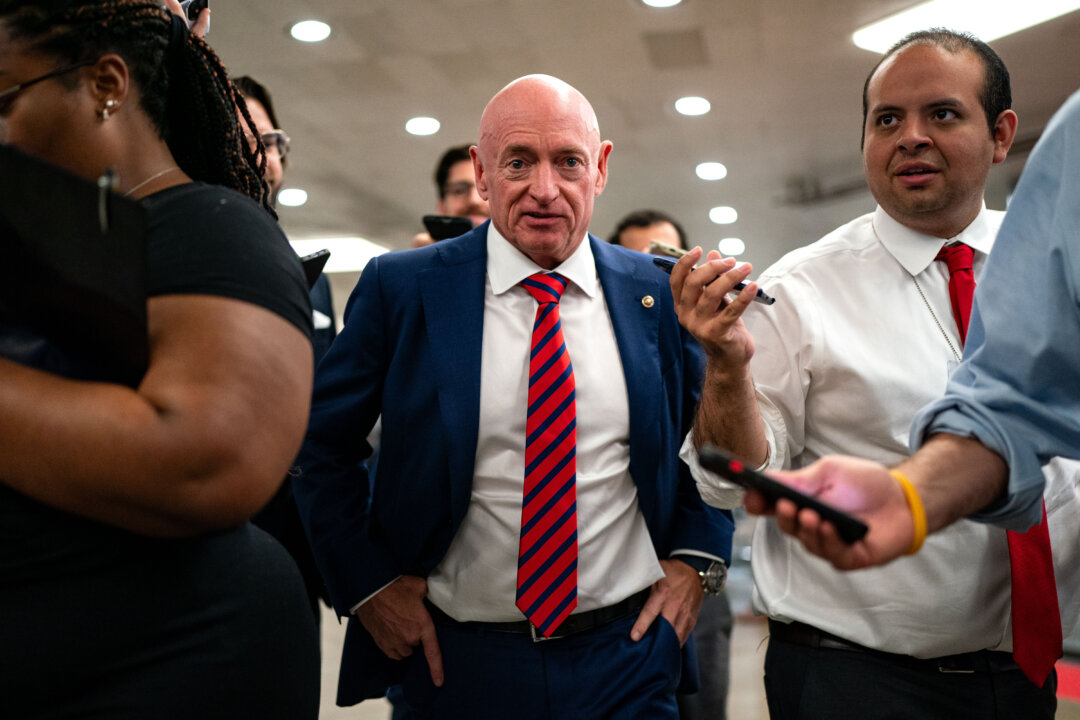Sen. Mark Kelly (D-Ariz.) told attendees of the McCain Institute’s Sedona Forum on May 3 that the Chinese Communist Party (CCP) still has access to the nine U.S. telecommunication companies that were hacked in December 2024 during the Salt Typhoon cyberintrusion coordinated by the Chinese Ministry of State Security.
“They did it in such a way that it was very hard for us to detect that they were there and not done through the typical way that you would do something with malware,” he said during a panel discussion.
“It was done through access to routers and using a lot of sophisticated techniques, and it was … the Chinese Ministry of State Security that coordinated this operation. They’re still there, and we have yet to figure out a way to kick them off.”…
Sen. Kelly Says CCP Still Has Access to US Telecom Networks

